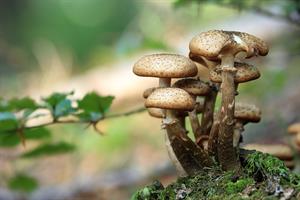PDF chapter test TRY NOW
Living organisms require food that provides energy to perform physiological activities. Some of the organisms produce their own food like plants. Other organisms depend on other organisms to obtain food. Thus, organisms are classified based on how the organism obtains food.
There are two types:
- Producers
- Consumers
Producers:
Producers are organisms that can produce food on their own.
Producers also called as autotrophs. They do not eat other organisms as they produce their own food. Plants are autotrophs that can produce food on their own through the process of photosynthesis.
In the process of photosynthesis, water (from the soil) and carbon dioxide (from the air) reacts in the presence of sunlight to prepare food. The prepared food is in the form of sugars (glucose). Oxygen is given out in the process.
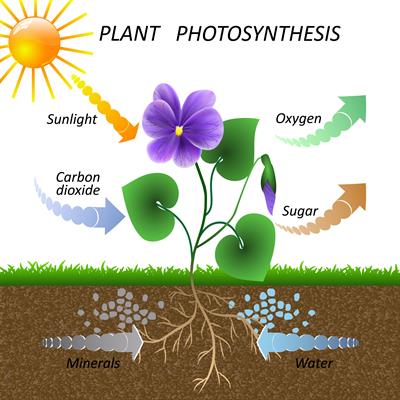
Plants are also called producers as it provide food to all living organisms.
Consumers:
Organisms that cannot produce their own food and depend on other organisms for food are called consumers.
- Herbivores
- Carnivores
- Omnivores
- Decomposers
Herbivores:
Animals that eat plants or plant products are called herbivores.
Example:
Cattle, deer, goat, and elephant.
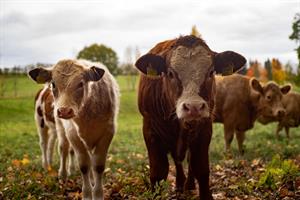
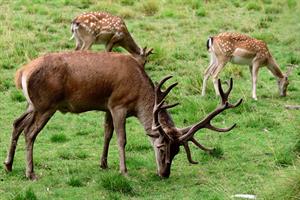
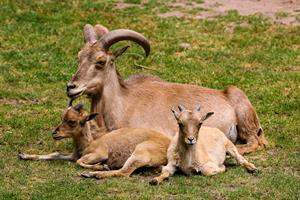
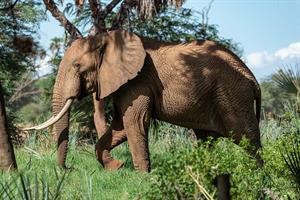
Carnivores:
Animals that eat other animals are called carnivores.
Example:
Lion, tiger, snakes, frog, and owl.
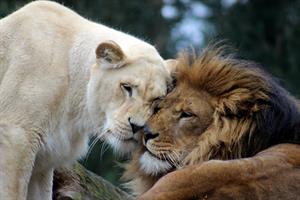
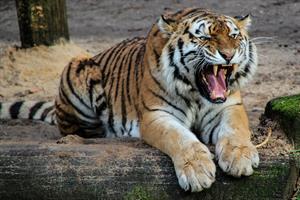
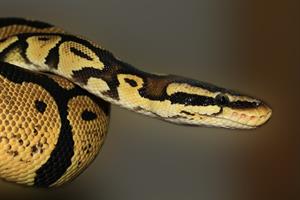
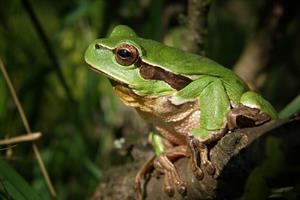
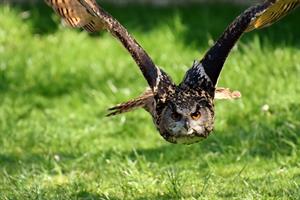
Omnivores:
Animals that eat both plants and animals are called omnivores.
Example:
Dog, birds like crow, bears, and humans.
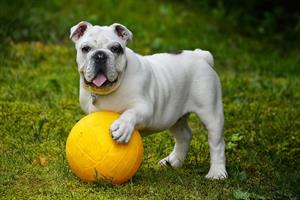
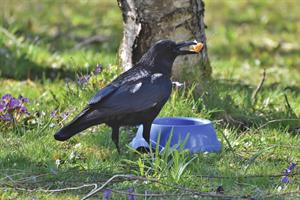
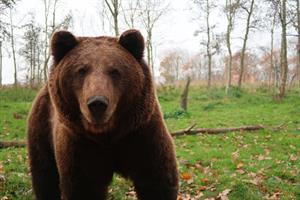

Decomposers:
Microorganisms like bacteria and fungi like mushrooms obtain energy from the chemical breakdown of dead and decaying matter (both plants and animals).
- Decomposers break the complex organic substances into the simpler substances. The substances go into the soil (humus) and are used by plants. Humus provides plant nutrients to the soil.
- They are also called saprotrophs as they feed on dead and decaying plant and animal matter.
